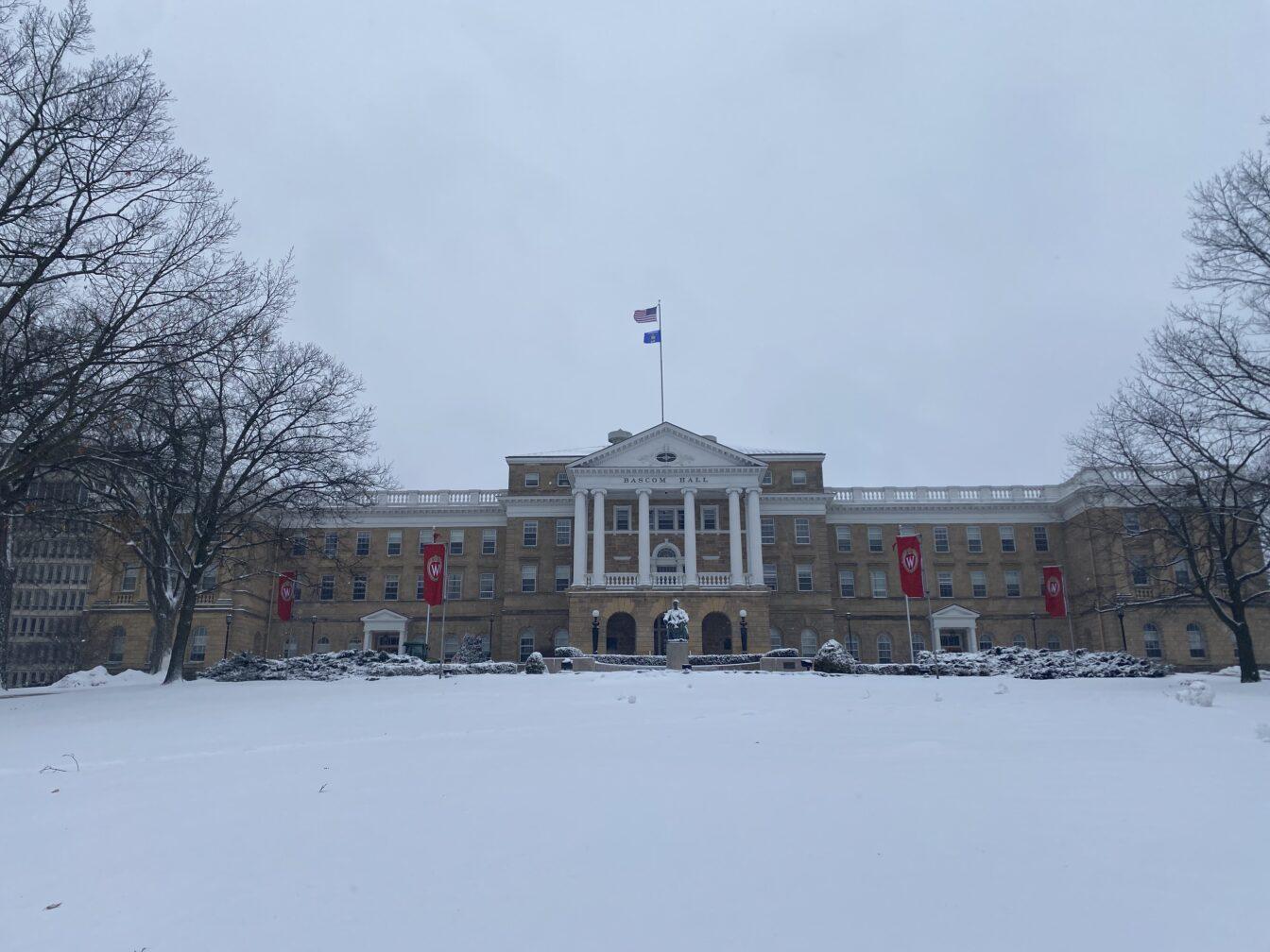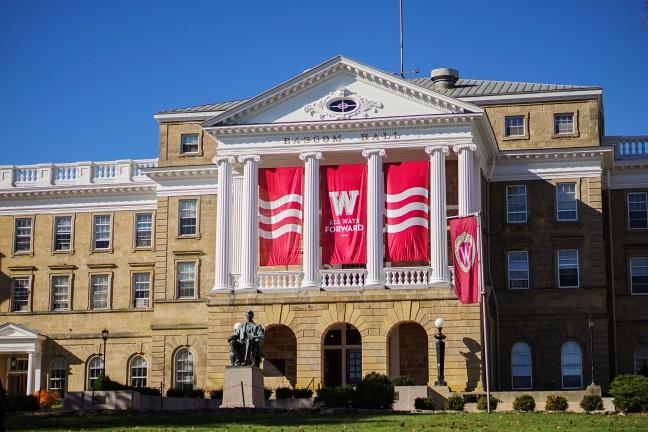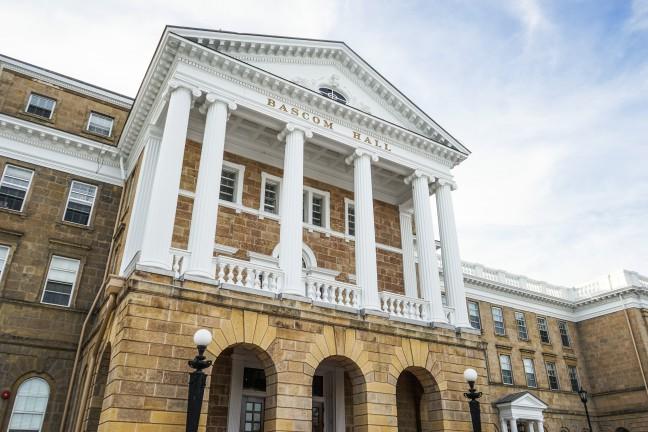If at first you don’t succeed, try again. And try again the Madison Metro Transit did. After voting down a proposed bus fare increase last year, the Madison Transit and Parking Commission passed a 25-cent raise Jan. 13. The move was an attempt to compromise with a raised proposal of 50 cents endorsed by Metro Transit and Mayor Dave Cieslewicz.
Budget analysis speaks overwhelmingly of the need for increasing bus revenue. Despite a 6 percent increase in bus ridership over the past year, the system is facing a $760,000 deficit in the coming year. Given the state of the economy, looking for assistance from tax increases would be inappropriate.
While the commission’s attempt to track toward the middle is laudable, we share the mayor’s view that a 50-cent fare increase is needed to sustain the transit system. We endorse the 50-cent price hike for reasons of simple math: The 25-cent fare raise would only cut the estimated shortfall to $360,000. We are loath to endorse a policy change that will burden low-income commuters, but we also recognize a crippled bus system serves no one.
A fare increase in some capacity is certainly warranted. The system has not seen a price boost since 2000 when the current fare of $1.50 was implemented. Since then, diesel prices have risen over 200 percent. It would seem a modest fare increase is long overdue. In the future, Metro Transit would do well to seek gradual fare hikes at regular intervals rather than drastic, sporadic hikes only when the system is in peril.
We understand the concerns voiced by many since the outset of these proceedings. In addition to testimony from alders and community leaders, many citizens took time to voice their objections to the fare raise. Ironically, by not approving the 50-cent raise, the commission marginalized the very people they were trying to protect. Without the extra revenue provided by the fare raise, the city plans to scrap its low-income discount fare program. Although it only planned to provide 400 discounted passes — a number we find quite low — the existence of any such program would have been at least a step in the right direction.
It is necessary for the mayor to concede parts of his position as well. No matter how desirable various “service enhancements” may seem, Cieslewicz must be mindful of the sacrifice he has asked of his constituents and slash parts, if not all, of his proposed $150,000 in improvements. Perhaps some of these funds could be diverted to revive the low-income assistance program. Furthermore, an audit of the bus system to identify routes that could be reduced or cut may be merited. However we would hope such a study would have been conducted prior to requesting the fare raise.
The potential impact of service cuts on job opportunities for low-income workers far outweighs any immediate impact on their wallets. We believe the need for fully funded public transportation — among other factors — trumps concerns about the ramifications of a 50-cent bus fare increase.


















